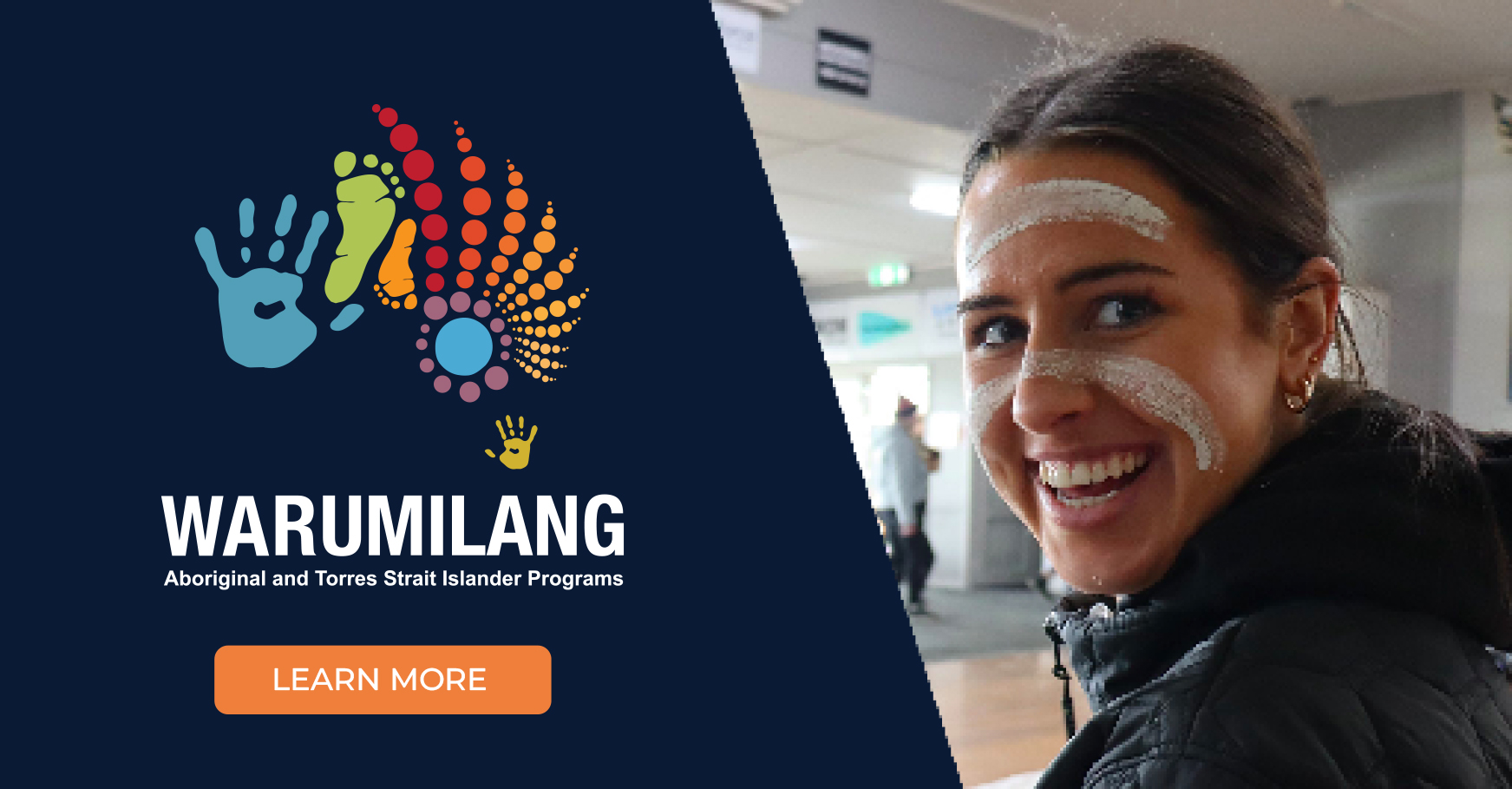Youth Work Placement for Community
Ruby, proud Wemba Wemba, Yorta Yorta and Mutthi Mutthi woman, is on a meaningful journey through her placement at Hope Street Thomastown. Her cadetship combines academic pursuits with practical experience, providing financial support and a unique opportunity to service her community.
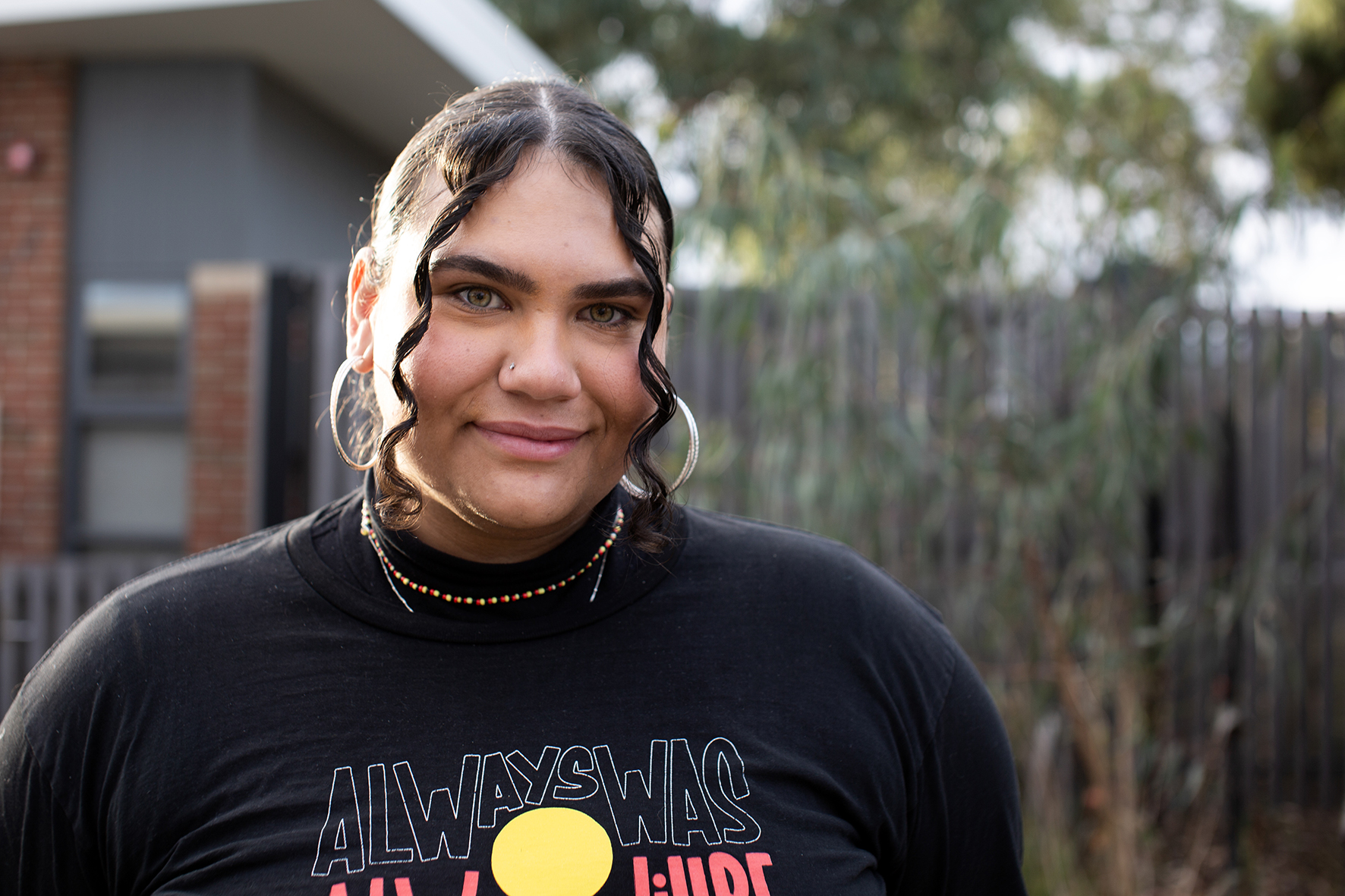
Ruby’s decision to pursue a cadetship was driven by the need to fulfil a placement requirement for her Bachelor of Youth Work and Youth Studies at RMIT.
She saw the Warumilang Program Cadet program as an ideal way to merge her placement needs with financial support.
I thought that combining them was a great option. That way financially I would be supported.
That was a big thing for me, being able to manage financially while completing a placement.
She discovered the program after completing her last placement for her degree. Originally placed at Hope Street’s Brunswick location. She soon realised that moving to the Thomastown Refuge would be a better fit.
I am now at Thomastown and I am really enjoying it. I have had the opportunity to get out and about to meet with clients and case managers. They have really showed me the ropes.
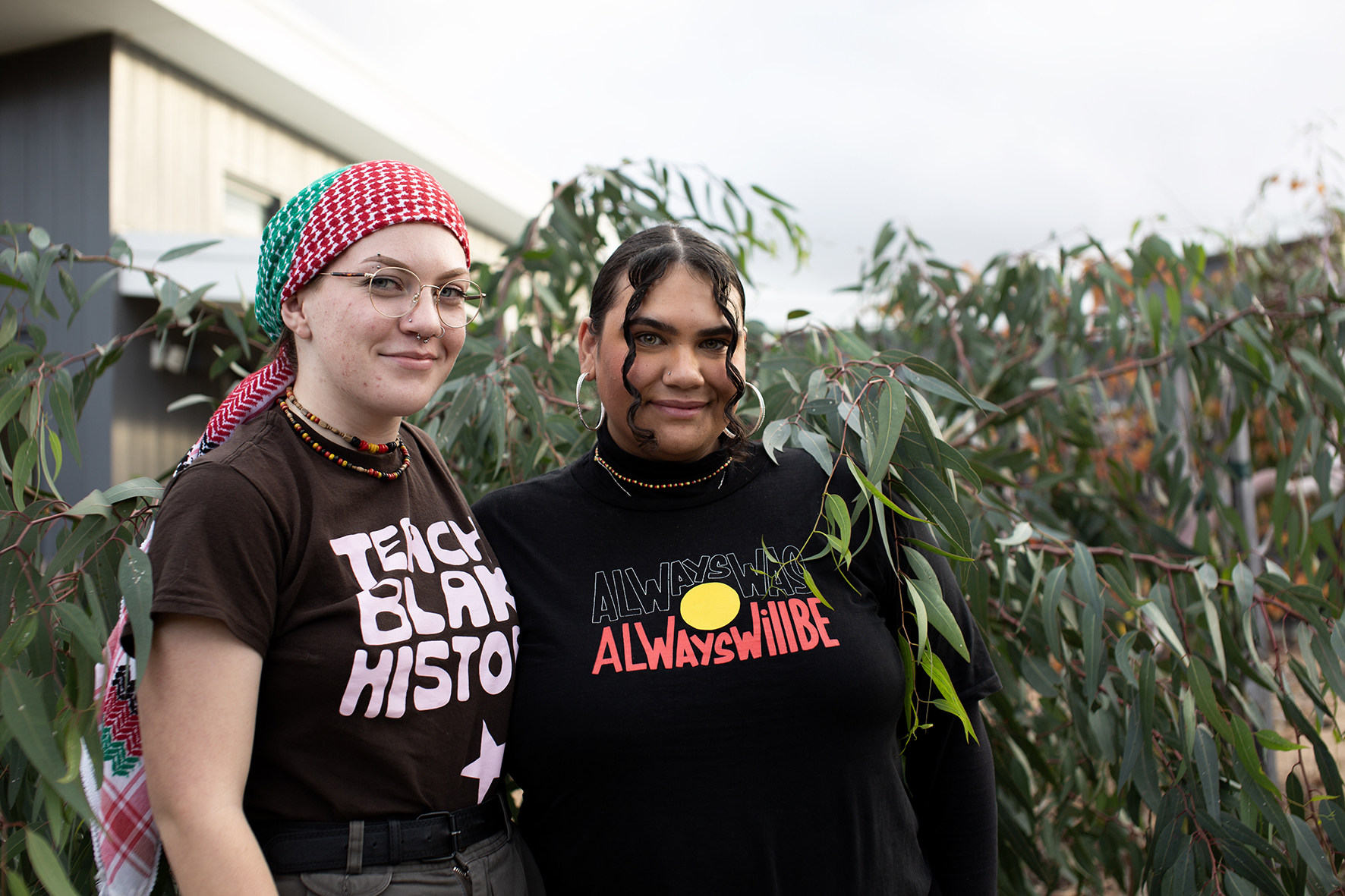
Ruby has found a passion for working in long-term transitional services through her cadetship. The opportunity to meet young people who have experienced homelessness regularly has allowed her to build rapport and trust, essential elements in effective youth work.
I have got to meet young people regularly over and over again – building rapport and a sense of trust with them.
One of Ruby’s biggest challenges has been balancing her job responsibilities with the cultural load.
Especially coming into workplaces where you are educating everyone and introducing them to cultural frameworks.
She has found significant support from the Indigenous Centre at RMIT. Where she serves as a First Nations representative, advocating for her community.
We have a great centre for mob at RMIT, throughout my cadetship they have been a great support for me.
AFL SportsReady has provided ongoing support and advocacy, enhancing her cadetship experience.
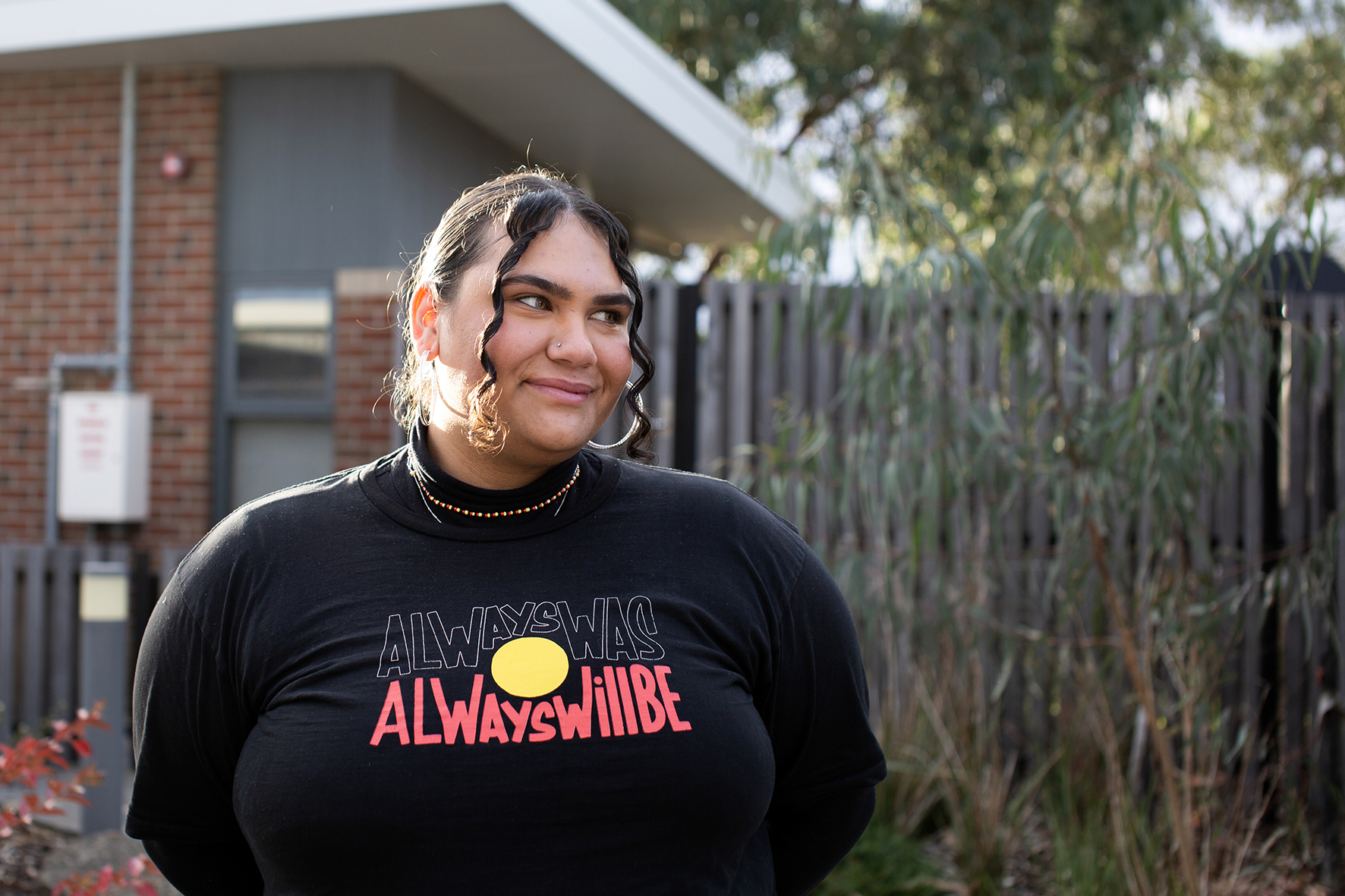
Studying youth work and youth studies, Ruby has always been driven by a desire to give back to her community.
Being a young First Nations woman,
I have always wanted to give back to my community and my people
– working alongside young First Nations people by helping them thrive, develop and grow.
Ruby is passionate about challenging the generalisations and stereotypes often associated with First Nations people.
As First Nations people, we are often generalised and stereotyped. I want to show them that we are none of those things and that is not what young mob are destined for. They are destined for bigger things.
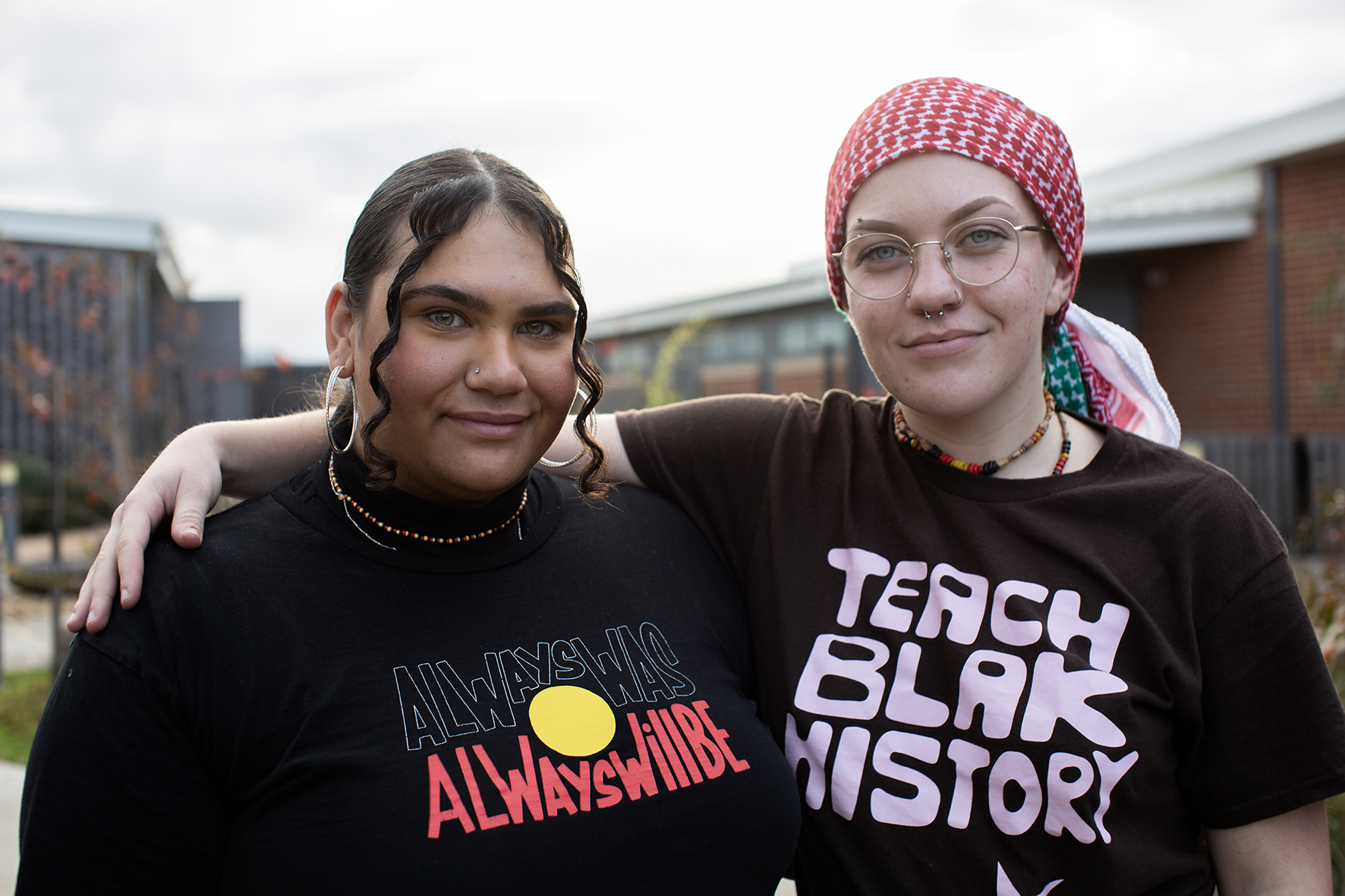
Her cadetship highlights the power of combining education with practical experience, cultural advocacy and community service. Her dedication to empowering First Nations youth and breaking down stereotypes is inspiring and vital for the growth and development of the wider community.
Ruby’s story highlights the importance of work placement programs offered by AFL SportsReady in partnerships with organisations like Hope Street Youth and Family Services.
Cadetships provide young people with the opportunities and support they need to succeed.
Work at Hope Street Youth and Family Services Thomastown makes a tangible difference. Demonstrating the significant impact that dedicated, culturally aware professionals can have in youth work.
[Photos with fellow Cadet Gi]
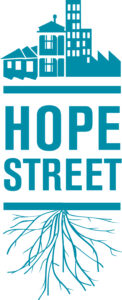 Hope Street Youth and Family Services is a leading specialist in youth homelessness in Victoria, extending its reach from Melbourne’s Northern and Western regions to non-metropolitan areas lacking dedicated services.
Hope Street Youth and Family Services is a leading specialist in youth homelessness in Victoria, extending its reach from Melbourne’s Northern and Western regions to non-metropolitan areas lacking dedicated services.
With over 40 years of experience, Hope Street offers targeted and holistic programs for young people, including young families. These include:
– Outreach support to assist those at risk of homelessness in meeting immediate needs and connecting with services
– 24/7 crisis accommodation with specialist support
– Supported transitional accommodation focusing on skill development, education, training and employment
– The Hope to Home program, aids young people and families in securing private rentals
Hope Street also advocates for systemic improvements and contributes to research addressing the structural causes of youth homelessness.
Since 2000, We have kick-started the careers of over 3,000 Aboriginal and Torres Strait Islander trainees.
The Warumilang Program is our dedicated Aboriginal and Torres Strait Islander Program to assist First Nations peoples with tailored employment and training pathways that aim to provide opportunities for First Nations peoples to thrive and be successful.
